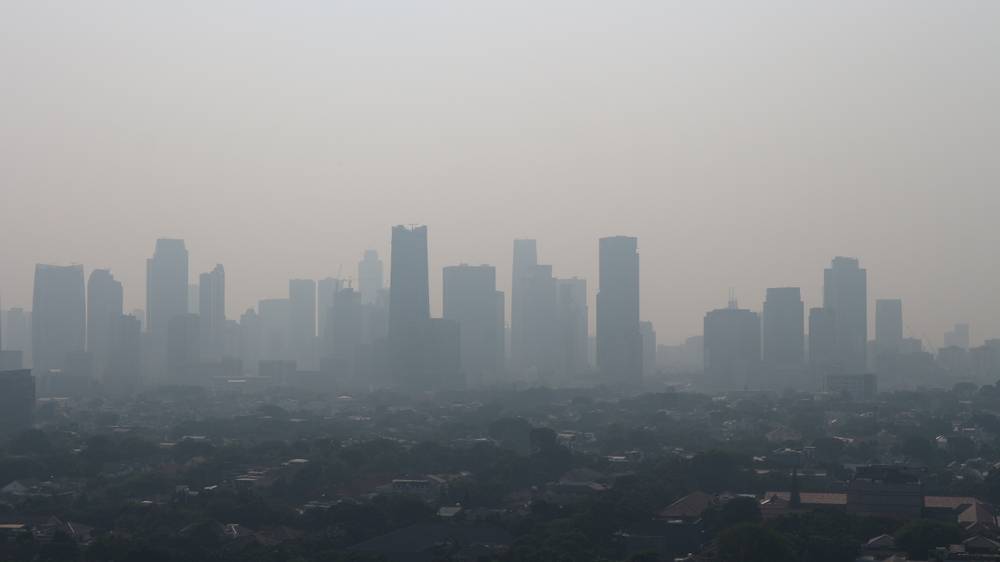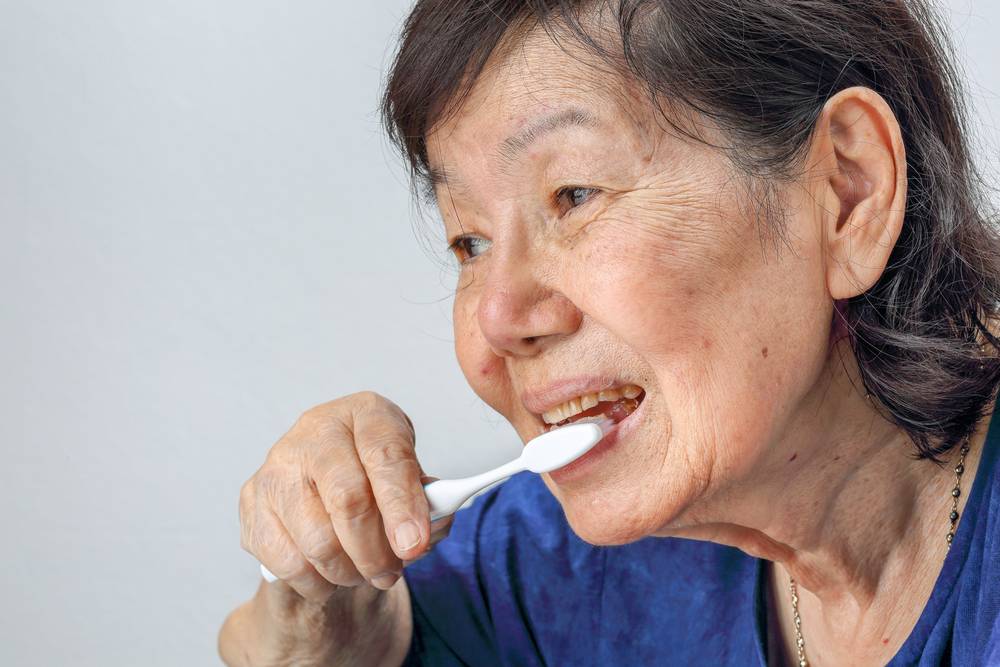When thinking about stroke, most people associate it with high cholesterol, obesity, or smoking. But did you know that there are also unusual risk factors for stroke like air pollution, sleep disorders, and even poor dental hygiene?
These surprising contributors could be affecting your health without you realising it. In this article, we’ll broaden our understanding of what can lead to a stroke, and discuss methods to alleviate any negative bearings on our health.
A Leading Healthcare Concern
Stroke is a serious medical condition that occurs when blood flow to the brain is disrupted, leading to brain cell damage. It is a main cause of disability and death all over the world, especially in Asia. As such, recognising the different influences associated with stroke is crucial for long-term prevention.
Traditional causes like hypertension and diabetes can only explain up to 80% of stroke occurrences. While the significance of non-traditional causes may be less clear, they still have a big impact on our health. This means that gaining awareness of unconventional risk factors such as air pollution, sleep problems and adverse oral health will enable us to take more comprehensive steps towards lowering our chances of developing this condition.
The Unusual Risk Factors For Stroke
The Transboundary Issue of Air Pollution

Air pollution exposes us to fine particles and toxic gases that enter the bloodstream through the lungs, triggering inflammation and oxidative stress.
Over time, this can damage blood vessels and lead to clot formation, which may block arteries in the brain and result in stroke. Additionally, air pollution can exacerbate other underlying health conditions, further increasing the risk of stroke.
Major air pollution events, such as the Southeast Asian haze, have shown the deadly toll of pollution-related diseases. Since these pollutants cross borders, tackling air pollution requires a global effort.
A recent study under Singapore’s Nanyang Technological University (NTU) has established how air pollution events all over the world – including the 2015 Southeast Asian haze and the 2019 Australian wildfires – have claimed 135 million lives prematurely since 1980. Approximately a third of these deaths were related to stroke.
“We see an obvious increasing trend for different kinds of disease,” says NTU Associate Professor Steve Yim, one of the researchers who led the study, to CNA. “So this is what we find very important – this signal of the urgency that we should mitigate the air pollution problem not only in one country, but globally.”
Defending Ourselves Against Air Pollutants
On an individual level, there are proactive measures we can take to protect ourselves from the harmful effects of polluted air.
- Keep yourself informed of air quality levels in your area.
- During periods of high pollution, try to stay indoors, or wear a mask when going outside.
- Avoid streets with high traffic density.
- When exercising, do so indoors or in less polluted areas.
- Consider taking public transportation over private cars or motorcycles. This can help reduce emissions and contribute to cleaner air for everyone.
- Incorporating a diet with antioxidant-rich fruits and vegetables could potentially offset some of the effects of air pollution.
The Silent Threat of Sleep Problems

During sleep, the body undergoes vital processes that regulate blood pressure, inflammation and stress levels. Poor sleep can disrupt blood pressure regulation and increase blood clotting factors, both major contributors to stroke risk.
In fact, research has shown that people who experience sleep disorders such as obstructive sleep apnoea (OSA) or insomnia face a dramatically increased likelihood of developing stroke. What makes matters worse is that a stroke can occur at any time, including in sleep!
“When stroke strikes, it is often painless, so if it happens while someone is asleep, it usually does not wake them up.” states Associate Professor Deidre Anne De Silva, Senior Consultant at the Department of Neurology in the National Neuroscience Institute (NNI), in HealthXchange.
“The person only realises that something is wrong when they experience the symptoms of stroke when getting up.”
Those who have OSA are particularly vulnerable to this, as OSA can bring about interruptions in breathing and decreased oxygen levels in the blood, which results in an increased risk of stroke in the very course of their sleep.
Ensuring Quality Rest
While poor sleep can make people more likely to have a stroke, note that there is no direct cause and effect – so don’t let paranoid thoughts about snoozing keep you up at night.
What you can do to practise good sleep hygiene:
- Maintain a consistent sleep schedule
- Create a comfortable sleep environment
- Consult a healthcare provider if you suspect a sleep disorder
The Cardiovascular Side Effects of Poor Oral Health

Maintaining good dental hygiene isn’t just for a bright smile – the health of your mouth can affect your chances of getting a stroke.
Oral infections, in particular periodontitis or gum disease, can have detrimental consequences.
Periodontitis is associated with high bacterial buildup in the mouth.
“This bacterial load can lead to inflammation not only of the gums but also, systemically, the whole body,” shares Dr Dawn Siow, Associate Consultant at the National Dental Centre Singapore, with The Straits Times.
Studies have found that this inflammation can raise stroke risk by contributing to artery blockage and cardiovascular strain.
Caring for Oral Health: Consistent dental care, including brushing, flossing, and regular check-ups, can protect more than just your teeth. Avoid smoking, reduce sugar intake, and maintain a balanced diet to lower the risk of periodontitis and its far-reaching health impacts.
Caring for Our Gums and Teeth
There are multiple reasons behind the occurrence of gum disease, including smoking and the types of food we eat. Older people also become more susceptible to periodontitis, so the necessity of preserving proper oral hygiene grows as we age.
- Prioritise regular dental check-ups, at least twice a year or more if required
- Brush and floss daily
- Maintain a healthy diet, reduce sugar intake
- Avoid smoking
Stroke prevention isn’t just about managing blood pressure or cholesterol – it’s about understanding all the risks that might be lurking in our daily lives.
Small lifestyle changes, like improving sleep hygiene, staying informed about the air quality, and prioritising dental care, can make a real difference. Additionally, understanding the signs of stroke and receiving timely intervention is also key when it comes to taking care of your health.
View this post on Instagram

